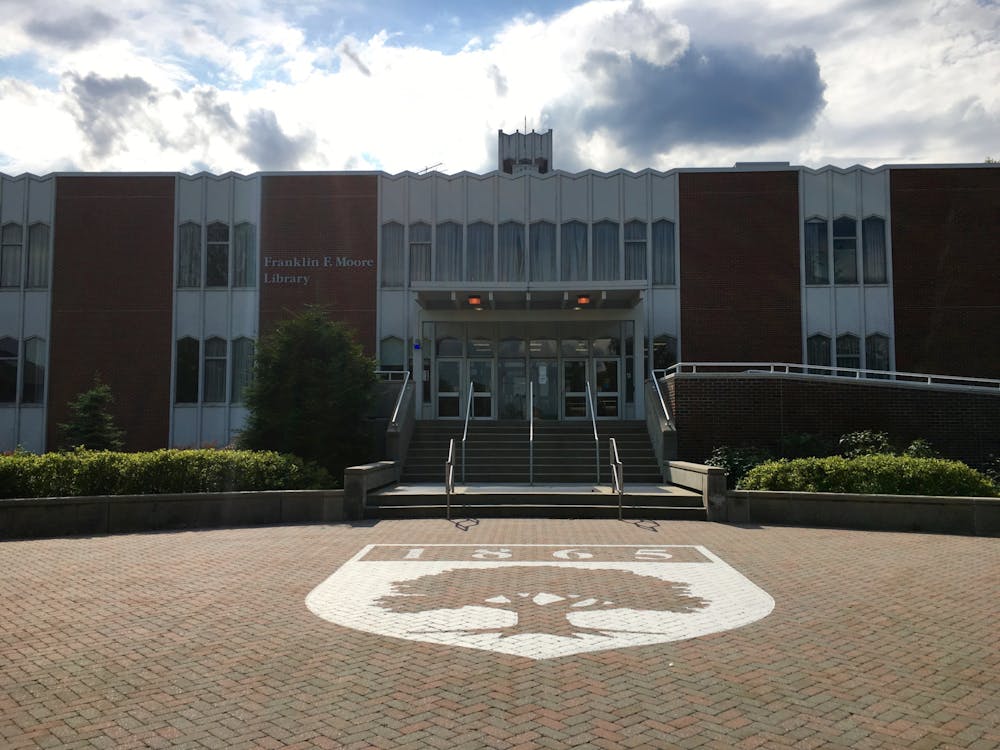By Mike Sherr
Editor-in-Chief
In a June 27 announcement to faculty and staff, Rider University President Gregory Dell’Omo announced that the private university eliminated 20 staff positions and laid off eight working staff members. The meeting, covered by The Rider News, is not the first of its kind to announce such dire news.
Since the Covid-19 pandemic, smaller colleges and universities across New Jersey have been facing stricter budgets and large debt payments. Rider faced a 16% decrease in revenues, or about $20 million since 2020, according to NJ Advance Media. Both William Paterson University and Jersey City University, publicly funded institutions, have faced similar employee layoffs after the Covid-19 pandemic. The College is facing similar problems, with over $350 million in long-term debt.
“We’re all wrestling with these financial stability questions,” Former President Kathryn Foster told NJ Advance Media.
The situation at Rider, located just two miles away in Lawrenceville, NJ, seems worse than at the College. Non-union employees will see a 2.5–5% decrease in pension contributions from the university starting Sept. 1. Departments from human resources to athletics will see layoffs. Vice President of Student Affairs Leanna Fenneberg, a cabinet level administrator, has had her position completely eliminated.
“The College is in a very different financial position than Rider,” Luke Sacks, head of media relations at the College, told The Signal. “While we did need to trim our budget, we will be able to achieve the necessary savings by managing staff vacancies and limiting travel and discretionary expenses.”
Dell’Omo’s announcement is a continuation of belt tightening measures that Rider has been forced to take. Last year, Dell’Omo announced the elimination of seven undergraduate academic programs including economics, American studies and piano as well as multiple graduate programs. Dell’Omo mentioned more possible program cuts in the recent meeting.
With fewer young people choosing to attend institutions of higher education, colleges and universities across the country are scrambling to prepare for this “enrollment cliff.” Institutions are being forced to compete for a smaller number of high school graduates while attempting to operate at the same level of services and education.
“I am indeed concerned about the near and long term financial health of our institution and what it means for my members and our students,” said Dr. Matthew Wund, professor of biology and president of the faculty, librarian and administrator union at the College. “I also see many reasons to be optimistic.”
Wund believes that while the College offers a “transformative educational experience to its students,” this will not be enough to financially stabilize the institution. Wund also points to a lack of state appropriations that put greater pressure on the College’s budget.
According to information presented by Foster at the Board of Trustees’ tuition and budget hearing, the College is appropriated one of the lowest amounts in the state per student for Fiscal Year 2023. The College only received more than Ramapo College, Stockton University, Montclair State University and Thomas Edison State University. For the state’s Fiscal Year 2023-2024, the New Jersey Legislature appropriated a little over $32 million for the College.
While the problems are not entirely similar to the situation at the College, small institutions like Rider may serve as a warning of the future to come.







